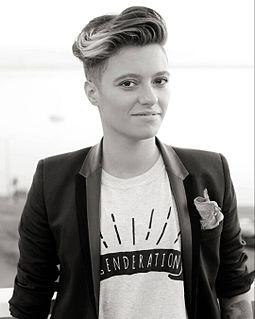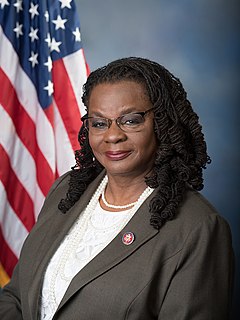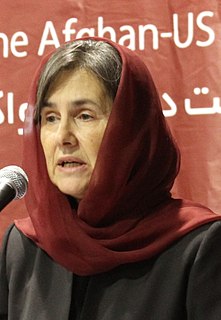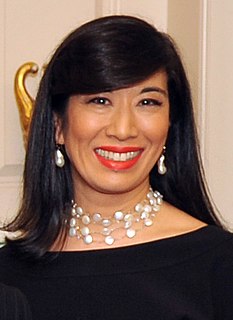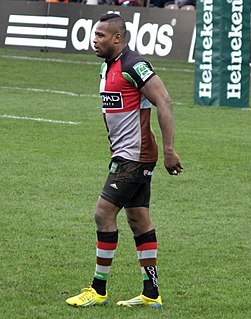A Quote by Jack Monroe
All my politics and campaigning has been around issues that affect women: violence against women, welfare cuts to women.
Related Quotes
The truth is even though we sort of feel like we have equal rights in America, right under the surface we have huge issues at play that really do affect women. It's time for all the women in America and all the women that love women and all the gay people and the people of color that we've all fought for to fight for us now.
Given the racist and patriarchal patterns of the state, it is difficult to envision the state as the holder of solutions to the problem of violence against women of color. However, as the anti-violence movement has been institutionalized and professionalized, the state plays an increasingly dominant role in how we conceptualize and create strategies to minimize violence against women.
I have been working with Women's Aid since 2003 when I became the charity's first Ambassador, and am so pleased to be able to be a part of the 'Real Man' campaign against domestic violence. I studied domestic violence at university and feel passionately that we need to raise awareness of violence against women and children and refuse to ignore it. Just by speaking out against domestic violence and being supportive of those directly affected we can all make a positive difference.
If you have a harmonious society where people within the family are living in harmony... knowing what their responsibilities and duties are, and knowing how to resolve their issues and their conflicts without violence, then violence against women will be reduced, and women will feel they have a voice.
It is an honor to be with thousands of leaders from around the world who are united in their mission to eradicate violence against women. Avon is proud to share their commitment to this goal. We are honored to be a leading supporter of the 2nd World Conference of Women's Shelters, and are grateful for the work that all of you do day in and day out to ensure that women across the world can find ways to live their lives free of violence.
He had heard her say, so many times, that a society that approved of making abortion illegal was a society that approved of violence against women; that making abortion illegal was simply a sanctimonious, self-righteous form of violence against women- it was just another way of legalizing violence against women, Nurse Caroline would say.
I was shocked to find out that 1 in 4 women are affected by domestic violence at some point in their lifetime. So many women never tell anyone that they are being abused by their partner. I have joined the 'Real Man' Women's Aid campaign to show that real men don't abuse women and that a real man will always stand up against domestic violence.
I wish you would stop and seriously consider, as a broad and long-term feminist political strategy, the conversion of women to a woman-identified and woman-directed sexuality and eroticism, as a way of breaking the grip of men on women's minds and women's bodies, of removing women from the chronic attachment to the primary situations of sexual and physical violence that is rained upon women by men, and as a way of promoting women's firm and reliable bonding against oppression. . . .
